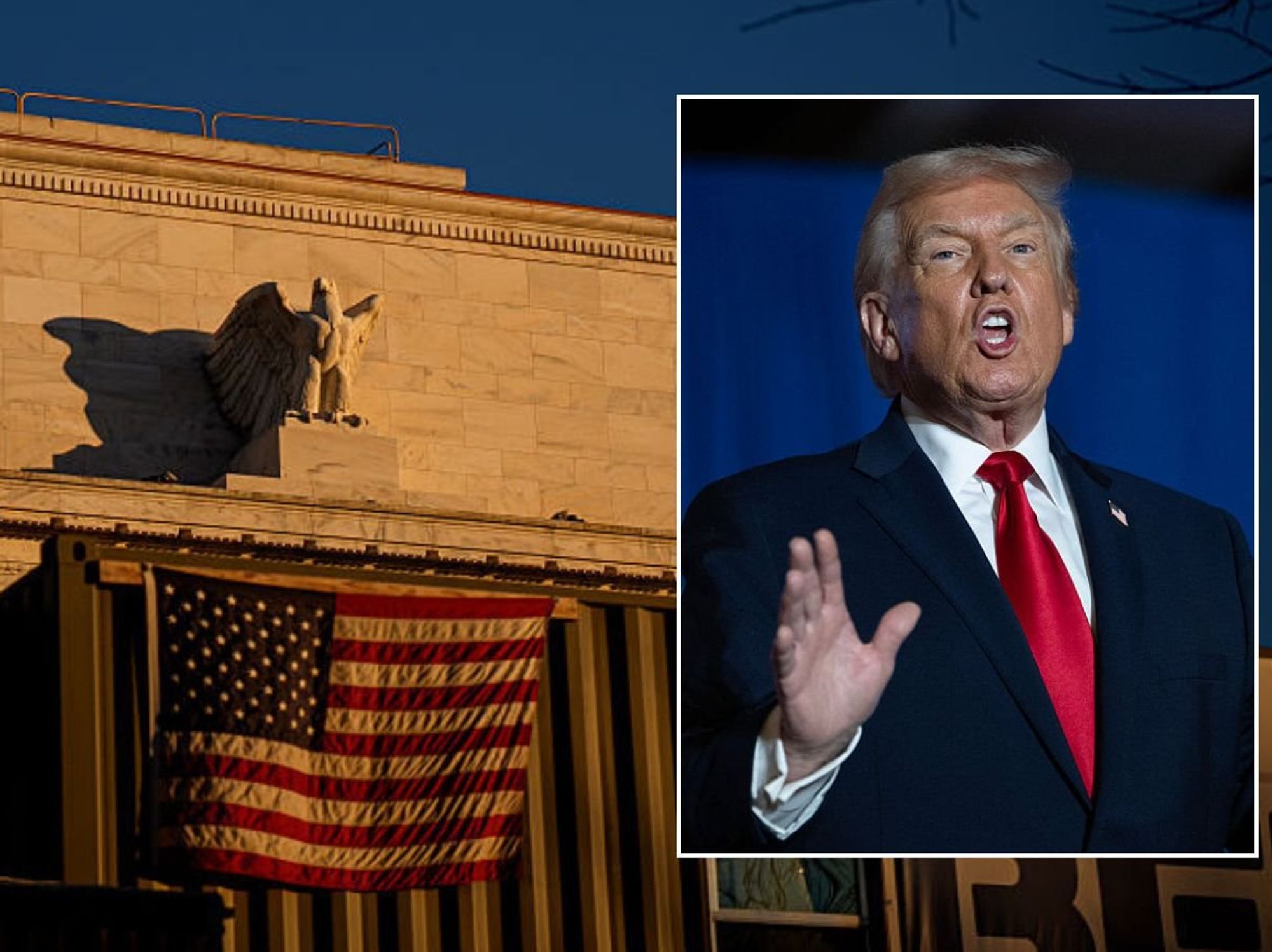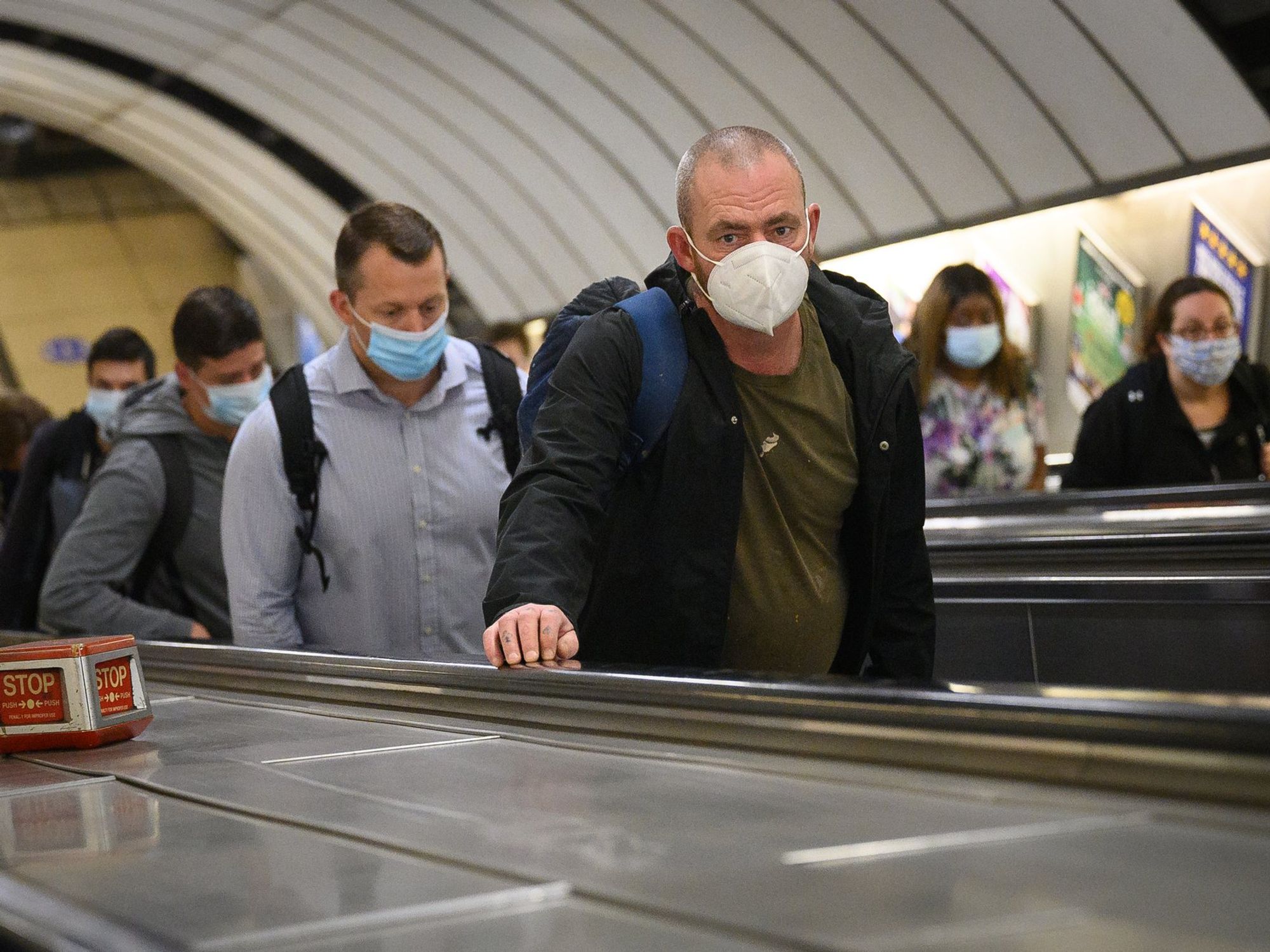Vaccine selected as word of the year, by dictionary publisher Merriam-Webster
“This was a word that was extremely high in our data every single day in 2021,” said Peter Sokolowski, Merriam-Webster’s editor-at-large.
Don't Miss
Most Read
With an expanded definition to reflect the times, dictionary publisher Merriam-Webster has declared vaccine as its 2021 word of the year.
“This was a word that was extremely high in our data every single day in 2021,” said Peter Sokolowski, Merriam-Webster’s editor-at-large.
“It really represents two different stories. One is the science story, which is this remarkable speed with which the vaccines were developed. But there’s also the debates regarding policy, politics and political affiliation. It’s one word that carries these two huge stories.”
The selection follows “vax” as word of the year from the publishers of the Oxford English Dictionary. And it comes after Merriam-Webster chose “pandemic” as the top word in terms of searches last year on its online site.
“The pandemic was the gun going off and now we have the after-effects,” said Mr Sokolowski.
At Merriam-Webster, searches for “vaccine” increased 601% over 2020, when the first US shot was administered in New York in December, and months of speculation and discussion over efficacy. The world’s first jab occurred earlier that month in the UK.
Compared with 2019, when there was little urgency or chatter about vaccines, Merriam-Webster logged an increase of 1,048% in searches this year.
Debates over inequitable distribution, vaccine mandates and boosters kept interest high, Mr Sokolowski said. So did vaccine hesitancy and friction over vaccine passports.
The word “vaccine” was not birthed in a day, or due to a single pandemic.
The first known use stretches back to 1882 but references pop up earlier related to fluid from cowpox pustules used in inoculations, Mr Sokolowski said.
It was borrowed from the New Latin vaccina, which goes back to Latin’s feminine vaccinus, meaning “of or from a cow”. The Latin for cow is vacca, a word that might be akin to the Sanskrit “vasa”, according to Merriam-Webster.
Inoculation, on the other hand, dates to 1714, in one sense referring to the act of injecting an “inoculum”.
Earlier this year, Merriam-Webster added to its online entry for vaccine to cover all the talk of mRNA vaccines, or messenger vaccines such as those for Covid-19 developed by Pfizer-BioNTech and Moderna.
While other dictionary companies choose words of the year by committee, Merriam-Webster bases its selection on search data, paying close attention to spikes and, more recently, year-over-year increases in searches after weeding out evergreens.
The company has been declaring a word of the year since 2008.











